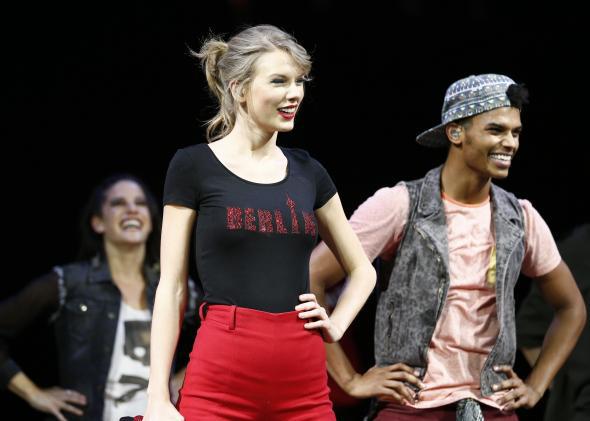Here’s one fact about inequality that seems indisputable. Being a “superstar” producer of entertainment products is more lucrative in 2014 than it was in 1964 largely because of benign or positive trends in global society and technology.
There is, simply, a larger audience for movies and music and NBA games than there was 50 years ago. Kevin Durant has more earnings power than Oscar Robertson because Durant performs for a drastically larger and richer audience than Robertson could have ever obtained.
This is all clearly correct, and it is true that left-wing people perhaps underplay it in their discussions of the evolution of income inequality. What is less clear to me is why proponents of rich people’s interests like Greg Mankiw thinks this superstar story carries so much normative power. It’s true—times change in ways that are disproportionately beneficial to some people. But that’s not a strong case for believing that whatever distribution of economic resources happens to emerge at any given time is optimal.
